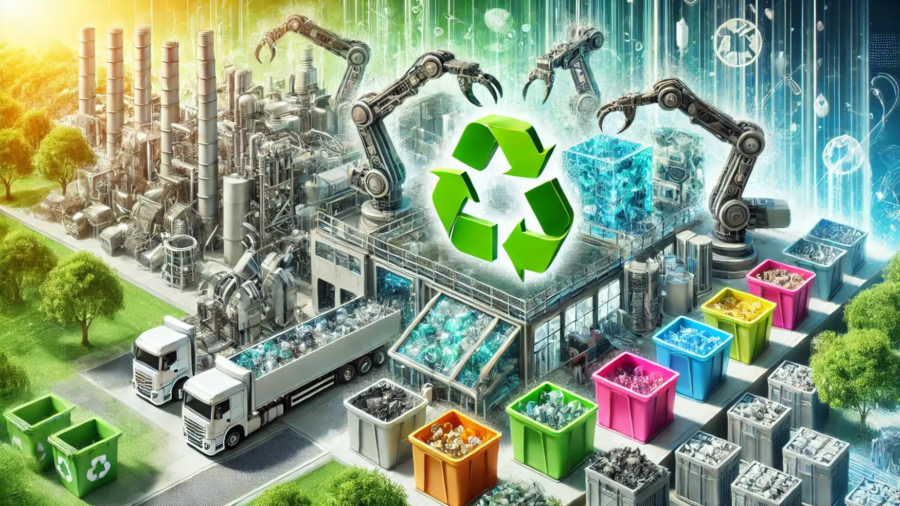As we work toward a more sustainable future, The Role of Standards in Plastic Recycling cannot be underestimated. Standards act as the backbone of recycling systems, ensuring that plastic waste is managed efficiently and that recycled materials meet consistent quality and safety benchmarks. By establishing clear guidelines, standards improve recycling rates and foster industry-wide adoption of best practices, from sorting and processing to the final production of recycled plastics.
1. Ensuring Quality and Consistency in Recycled Plastics
One of the biggest challenges in plastic recycling is maintaining a high quality of recycled materials. Standards define the requirements for sorting, melting, and reshaping plastics, ensuring that the end products meet specific quality criteria. This is crucial for industries that rely on recycled plastics to produce new items, from packaging to automotive parts. With a consistent standard, businesses can confidently use recycled materials without compromising on durability or safety.
2. Streamlining Recycling Processes Across Industries
Standards also play a crucial role in harmonizing the different recycling methods across industries and regions. By providing a clear set of rules, they help align recycling practices, making it easier for companies and municipalities to adopt efficient systems. This alignment also improves collaboration between sectors, enabling shared resources and innovative approaches to plastic recycling.
3. Promoting Safety and Environmental Protection
Standards in plastic recycling address environmental concerns by limiting the release of harmful chemicals during the recycling process. They ensure that recycling methods are eco-friendly, reducing pollution and energy consumption. This, in turn, lowers the carbon footprint of recycling activities and contributes to a healthier planet.
4. Encouraging Circular Economy Practices
The ultimate goal of The Role of Standards in Plastic Recycling is to support a circular economy where plastic is reused and recycled, not disposed of. Standards encourage companies to prioritize recycled plastics, reducing reliance on virgin materials and fostering a system where products are continuously repurposed. This shift minimizes waste and reduces the environmental impact of plastic production, creating a more sustainable model for the future.
Moving Forward with Standardized Plastic Recycling
As the need for sustainable solutions grows, standards in plastic recycling will continue to evolve. By adopting these guidelines, industries and consumers alike can work together to reduce plastic waste and promote a circular economy. Understanding The Role of Standards in Plastic Recycling is essential for anyone looking to support sustainability efforts and drive real change in environmental protection.
With a solid framework, standards make plastic recycling a reliable, efficient, and eco-friendly solution for the challenges we face today.
